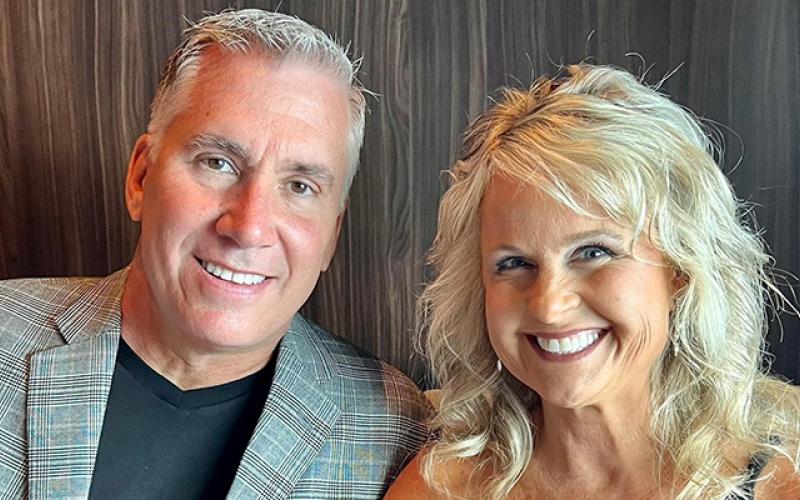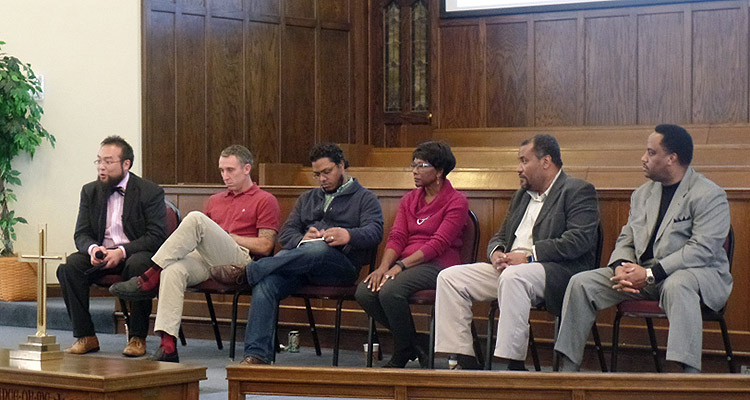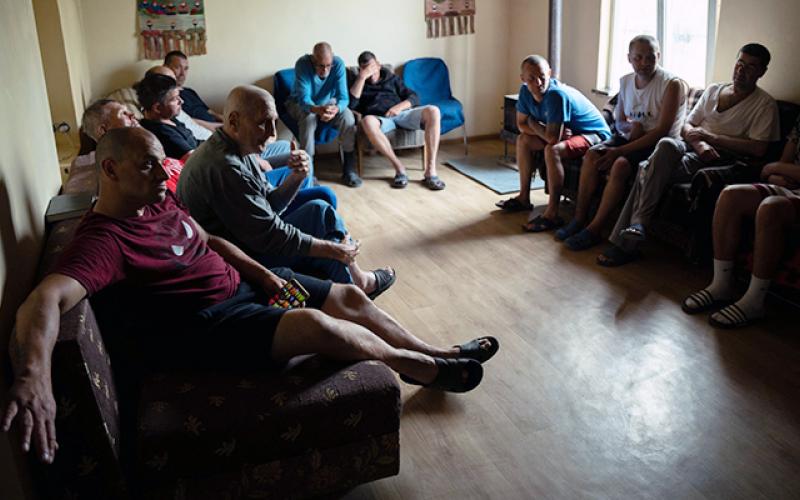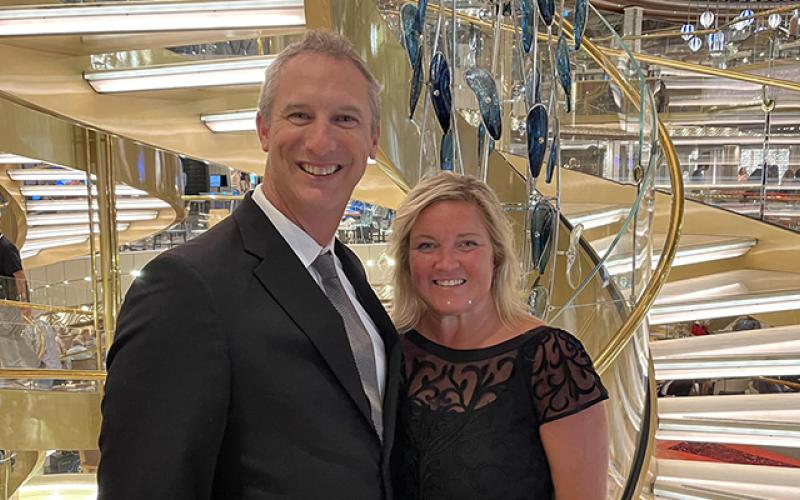
NTS Center for Pastoral Leadership hosts first MLK Week

The Nazarene Theological Seminary Center for Pastoral Leadership hosted a series of service projects, worship services, panel discussions, and dialogues the week of January 18 to honor the life and legacy of Martin Luther King Jr. and to address issues of race, privilege, and the responsibility of the church. The week was made possible through a grant from the USA/Canada's Region's Multicultural Ministries Office.
Staff and students began the week by serving at a local nonprofit in the Kansas City area on Monday. That night the NTS community also joined the city-wide celebration honoring King at Metropolitan Baptist Church.
Wallace Hartsfield, associate professor of Hebrew Bible at Central Baptist Theological Seminary and pastor of KC Metropolitan Baptist Church, preached in a special chapel service Tuesday, January 19, at NTS to honor King. Hartsfield’s message was centered around the themes “Our greatest attribute is our diversity," "Our greatest advantage is our unity," and "Our greatest attainment is our humanity.” A diverse group of pastors from across the metro area also participated in the service, sharing Scriptures and prayers of lament, healing, and hope.
“In addition to services honoring Dr. King, we also wanted this week to be a time when we could create space for honest dialogue about race and social justice," said Dana Preusch, CPL director. "Our panel on Wednesday led us into a very candid conversation about issues of racism and privilege and helped us to begin to think about how we as a church must respond.”
Panelists and workshop leaders included Wallace Hartsfield (Central Baptist Theological Seminary), Angela Sims (St. Paul School of Theology), Charles Tillman (Richmond, Virginia, Woodville Church of the Nazarene), Montague Williams (Eastern Nazarene College), Brandon Winstead (Killearn United Methodist Church, Florida), and Deth Im (People Improving Communities Through Organizing).
Many of the panelists noted that they had no choice in engaging race, as it extends from their personhood and social situation. Sims said conversation alone does not work in truth and reconciliation, noting that if we do not speak truth in the midst of privilege, we cannot embrace reconciliation. Williams noted it is important to remember that words matter, and that when it comes to race, truth is caught up in the narrative that often includes painful stories of exclusion.
Hartsfield challenged the idea of truth and reconciliation, stating that needed to define “whose truth” and "whose reconciliation." Hartsfield noted “objective truth” often actually assumes a Western European perspective rather than including the perspectives and realities of people of color. If we are talking about this country, he said, there is no time when African Americans have been constituted as full participants — full human beings.
Charles Tillman noted that for black pastors to fully participate in the life of the church, there has to be a platform for real respect and understanding. Winstead noted that we need to have conversations around power, history, and money if we really want to challenge congregants to address the “nitty gritty” stuff that shapes congregational life.
Deth Im, serving as moderator, asked panelists to help those in attendance begin to think about how the church needs to respond. Hartsfield noted that in order to properly address and find the truth, we have to begin with people that have never had an opportunity to be full participants. He explained conciliation is the primary task, the hard work.
On Thursday, January 20, Williams, Winstead, and Tillman led a lunch dialogue with local youth pastors, continuing the conversation around racism and youth ministry specifically. Ministers were challenged to avoid thinking of race as an “addendum” to their regular curriculum and plan, but rather see it as something that is a part of all they do. Later that evening, a similar group gathered back at the seminary to watch the documentary “We are Superman: The Transformation of 31st and Troost.” Chuck Sailors, former director of the Kansas City Urban Youth Center (which was located at 39th and Troost), led a dialogue after the showing.
“The conversations that we had this week are important,” said Jesse C. Middendorf, CPL executive director. “We plan to make this an annual event; however, I think we were all challenged to see that conversation is not enough. May God give us the courage to do the hard work that needs to be done in order that our churches might reflect the kingdom of God more fully.”
Sessions from the week were recorded and will be able on the CPL website. Click here to find out how to become a member, giving you access to a wide variety of ministerial resources.
Click here to download Theology To Go, a take-home journal of resources written by several of the week’s participants and others. This year's Tom Nees Social Justice Award winning paper was written by NTS student Tim Hahn and is included in the journal. Hahn presented his paper, “Lest We Forget Thine Agony: Racial Reconciliation, Memory, and the Wounds of Christ,” to the NTS community.



